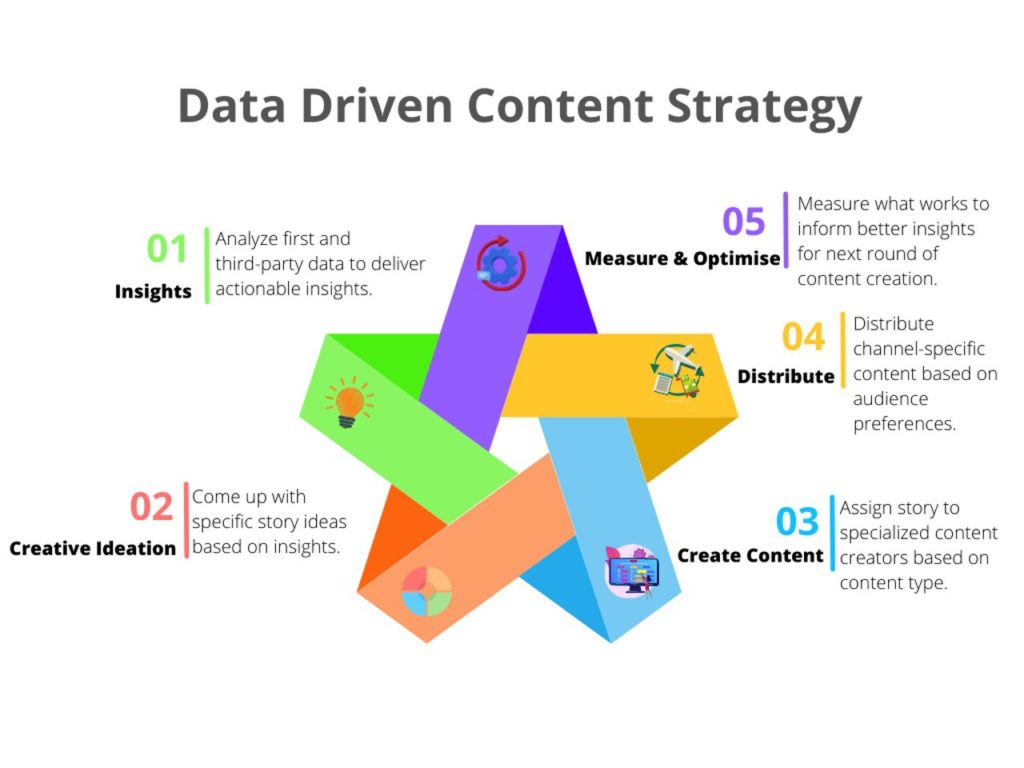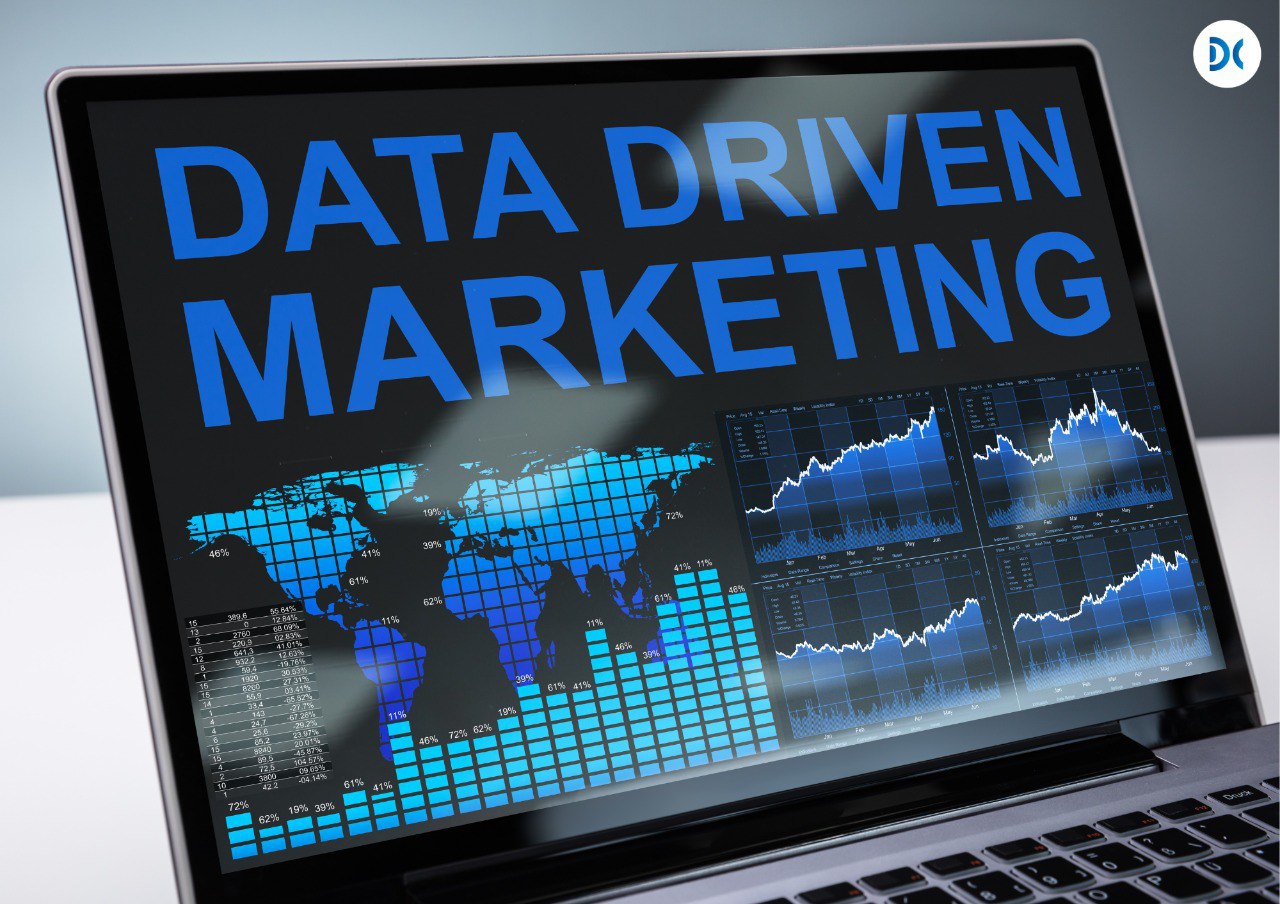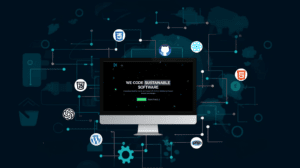
Mohammad Ashraful Islam
29 March 2022
Who knew within 150 years, humans would have generated more data than the total number of atoms in the whole world? Using data in a good way can boundlessly benefit the realm of business and marketing. Do you want to discover how Data-Driven Marketing leads us to reach out to customers in the best possible ways? Here are the answers.
The Importance of Data-Driven Marketing: The Marketing strategies for the highest possible ROI
For More efficient media buying, targeting the right customers, messaging audiences with relevant messages, Data-driven marketing is an indispensable business need today. Retargeting, dynamic advertising, optimized paid search, and targeted email companies help you properly build relationships with the right audiences. In addition, data-driven marketers use customer data to predict their needs and desires. Such intuition helps develop personalized marketing planning for the highest possible return on investment (ROI).
How data-driven marketing affects business performance, specifically.
Introduction of many ideas of marketing has been produced. It also leads to the introduction of many software like CRM (Customer relation management). It helps marketers find who individual customers are, like the name and contact information. It enables direct mailing and, therefore, direct marketing campaigns. Customers might receive different messages based on the marketer’s ideas on the segments if it were a good fit and what the customers care about. Digital data-driven marketing gave birth to new category marketing automation software. Today, marketers spend over 6 billion a year on data-driven targeting solutions like data management platforms and demand-side platforms. But most marketing teams are not yet entirely making their data active. They have so far been mostly limited to optimizing media with their data.
Data-Driven Marketing: The ability to build stronger connections with potential customers
How to Approach Data-Driven Marketing?
Integrating new tools and technologies into your commerce can be overwhelming at a time by creating an automated practice. First, you have to ensure collaboration across teams. Marketers must be certain information is being shared across departments and units. Another important thing is monitoring industry changes and keeping a close eye on the competition so that you can either follow suit or learn from their mistakes like every other area in the industry. Data-driven marketing is constantly changing, so staying up-to-date on the latest trends will only help you with continuous brand strategy measurements.

Benefits of Data-Driven Marketing
Challenges Faced in Data-Driven Marketing
The reason why we see widespread adoption of AI by major brands is now moving ahead of the following critical stage of the future of data-driven marketing in Data management platforms. 64% of marketing executives “strongly agree” that data-driven marketing is crucial in the economy. 49% of marketers feel “significant pressure” to increase data’s role in their current strategy, whereas 87% of marketers consider data their organization’s most underutilized asset. (References) .Although many marketers only see the MPS as helpful in serving fundamental issues. The next critical stage for data-driven marketing is to find a balance between personalization and privacy. Today’s consumers increasingly empower technology, and by government privacy regulations, it’s the first order of business for branch information. Without this permission, you cannot create a personalized customer experience.





